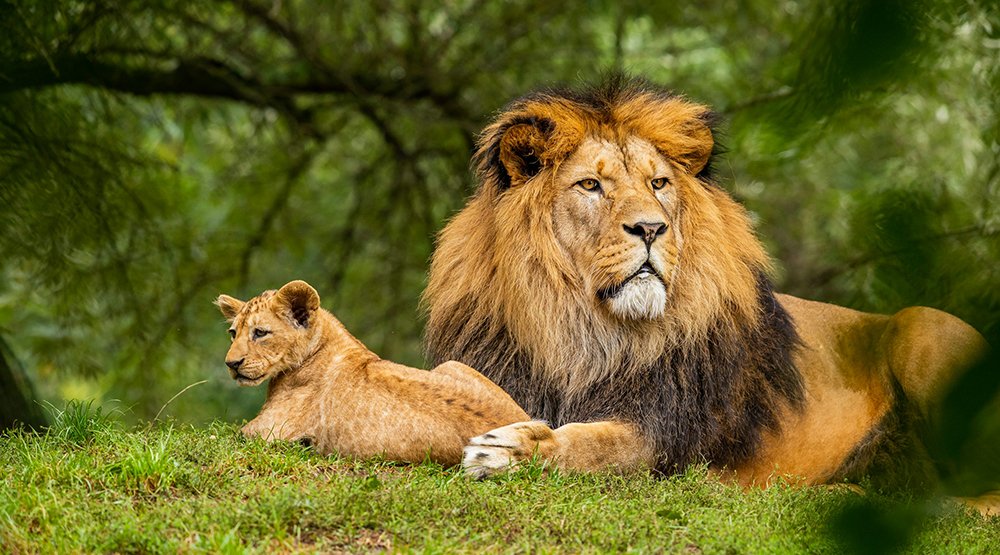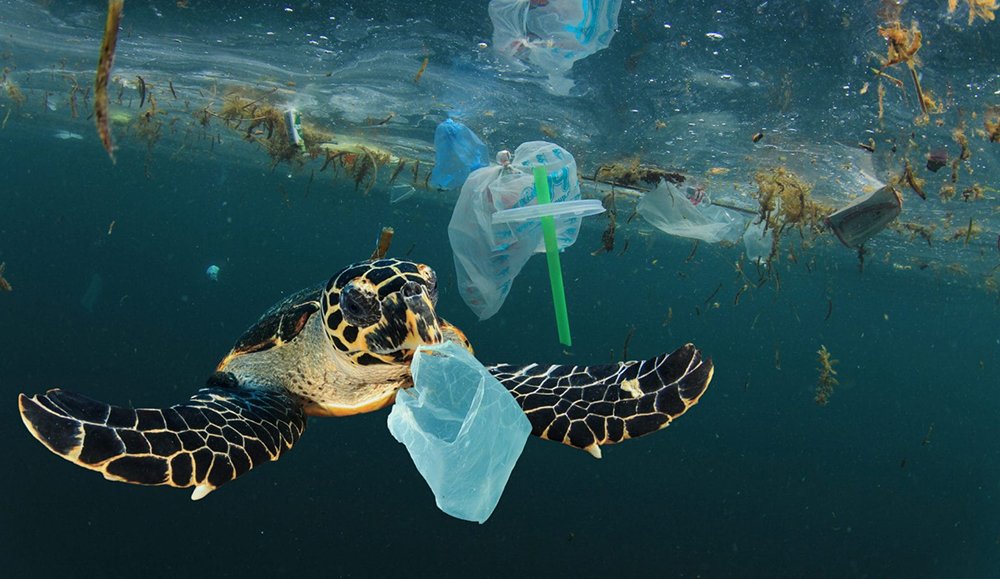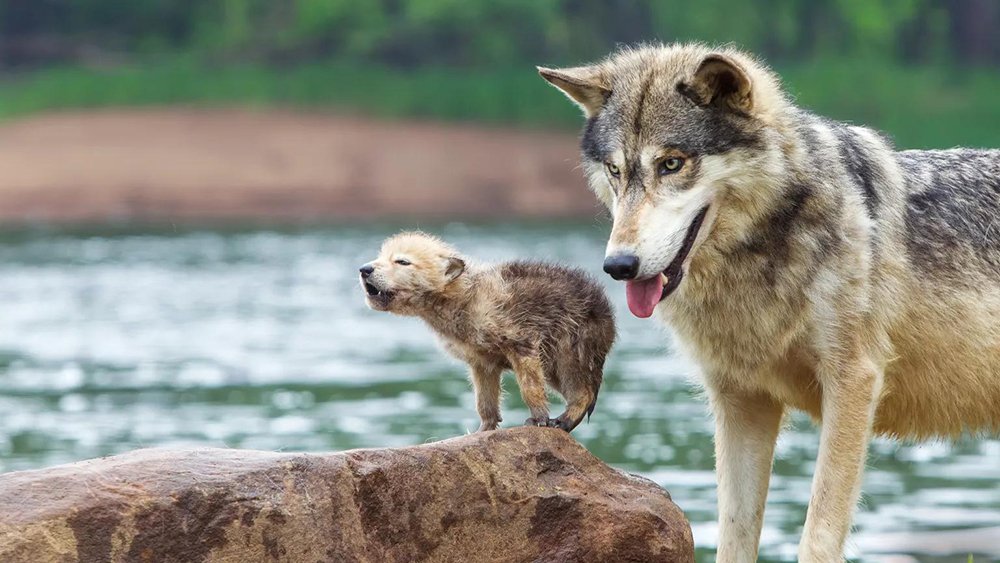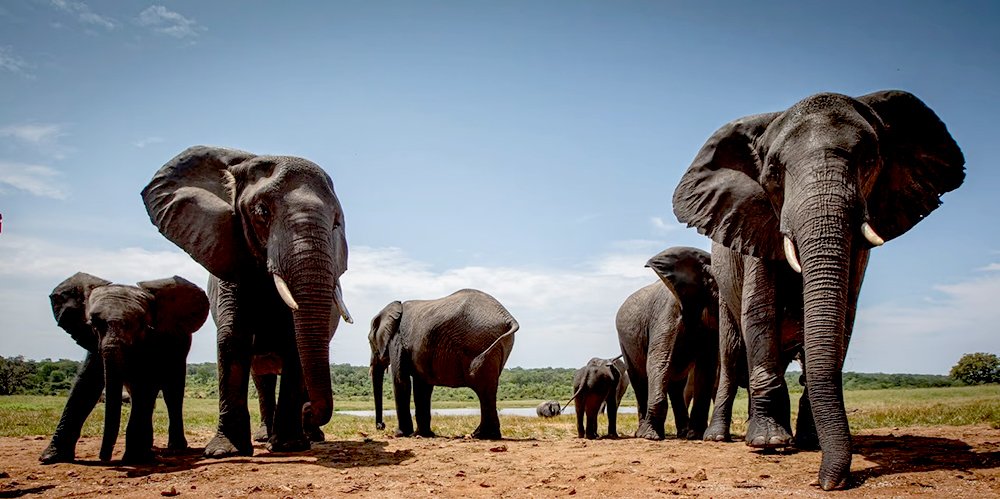We are surrounded by an incredible biodiversity that plays a crucial role in maintaining the balance of our ecosystems. World Wildlife Day is a reminder of our responsibility to get united and voice the urgent need to protect the wild. ‘Saving the wild takes more than love- it takes Action!’

Why So Important?
From pollination to regulating climate and purifying water and air, animals and plants contribute significantly to the planet’s health. The loss of a single drop of their blood creates massive turbulence amongst the entire ecosystem affecting both nature and human livelihoods.
Threats Faced by the Wild
Despite its importance, wildlife is under constant threat from human activities.Some of the biggest challenges include;
- Deforestation: The clearing of forests for agriculture, urbanization, and infrastructure development leads to habitat loss and fragmentation.
- Illegal Wildlife Trade: Poaching and trafficking of animals for fur, ivory, traditional medicine, and exotic pet trade are pushing many species toward extinction.
- Climate Change: Rising temperatures, extreme weather patterns, and melting glaciers threaten species that depend on specific environmental conditions.
- Pollution: Plastic waste, chemical runoff, and air pollution negatively impact wildlife, particularly marine and bird species.

Saving the Wild
Protecting wildlife requires global cooperation and individual efforts. Here’s how you can make a difference:
- Support Conservation Organizations: Donate or volunteer for organizations dedicated to protecting endangered species and their habitats.
- Reduce, Reuse, Recycle: Minimize waste, especially plastic, to prevent pollution that harms wildlife.
- Say No to Wildlife Products: Avoid purchasing items made from endangered animals, including ivory, fur, and exotic pets.
- Spread Awareness: Educate others about the importance of wildlife conservation through social media, events, and discussions.
- Advocate for Stronger Laws: Support policies and legislation that protect wildlife from exploitation and environmental destruction.

How Responsible Travelers like You Can Invest in Conservation
Tourism can be a powerful force for conservation when done responsibly. You can contribute to this by:
- Choosing Eco-Friendly Accommodations: Stay at lodges and hotels that implement sustainable practices, such as reducing waste, conserving energy, and supporting local communities.
- Donating to Conservation Initiatives : Many parks and reserves depend on tourism revenue to fund wildlife protection programs. Consider contributing to support their efforts.
- Supporting Ethical Wildlife Experiences: Check out nature reserves, sanctuaries, and national parks that prioritize conservation over profit. Avoid places that exploit animals for entertainment, such as elephant rides or dolphin shows.

Success Stories in Conservation-Focused Tourism
Many conservation projects have flourished with the help of responsible tourism. For example:
- The Masai Mara Wildlife Conservancies in Kenya benefit from tourism revenue, which supports anti-poaching efforts and community-led conservation.
- Borneo’s Orangutan Rehabilitation Centers provide sanctuary for rescued orangutans, funded by eco-tourism programs.
- Marine Reserves in the Maldives protect fragile coral reefs and marine life by promoting sustainable diving and eco-friendly resorts.
On this Wildlife Day, let us commit to making meaningful changes in our travel habits to protect and preserve the wild!
– Rushika C.T. Rodrigo





